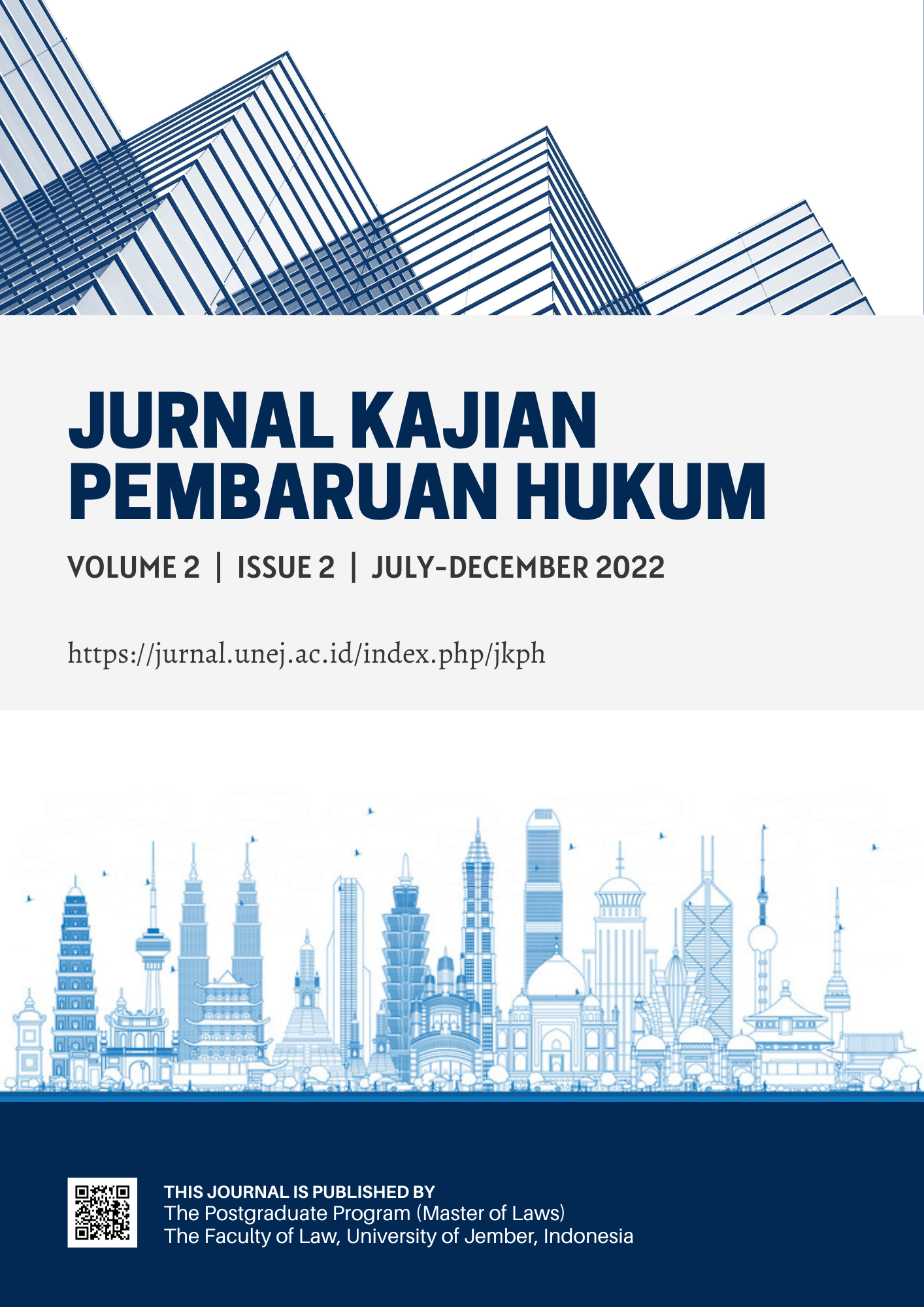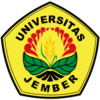The Trajectory of Democracy in Sri Lanka from the Restriction of the Freedom of Expression during the COVID-19 Pandemic
DOI:
https://doi.org/10.19184/jkph.v2i2.31193Abstract
COVID-19 pandemic has heavily influenced the legal conduct of a state, especially Sri Lanka. This country is one of the so-called democratic states shown to abuse law conduct under the backdrop of emergency measures, so many people have been detained due to newly enacted policies. Since the beginning of this pandemic, various criticism of pandemic management has addressed the state-triggered government overreaches such as arrestable offenses and internet censorship in the name of public order. This research aims to analyze whether the government's responses to opinions, critics, or any media format that embodies a form of speech are justified as an emergency measure against COVID-19. Then, this paper analyzes further its implication for freedom of speech. In addition, this research aims to challenge the government's measurement of the limitation of freedom of expression in social media. This research analyzes the government's response to securing fundamental rights during emergency regulations. In addition, the Sri Lankan legal framework of previous judicial precedent and state conduct towards the issue will be further analyzed. In addition, various rules from the authoritarian and democratic states compared further understand the framework on freedom of expression. This study showed a declining democratic value in Sri Lanka. Different legal conducts indicated that the Sri Lankan government does not comply with the rule of law and the fundamental rights of its citizen. This study emphasizes the need for immediate legal reform, especially in various mishandled cases. State oppression of freedom of expression harms the public order and threatens state stability.
Downloads
Downloads
Published
Issue
Section
License
Copyright (c) 2022 Jurnal Kajian Pembaruan Hukum

This work is licensed under a Creative Commons Attribution-ShareAlike 4.0 International License.









